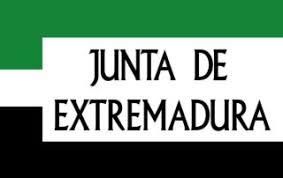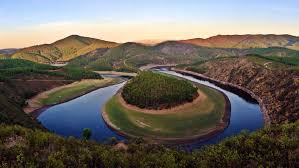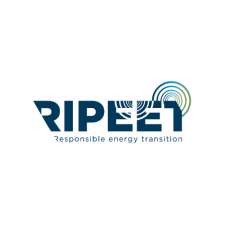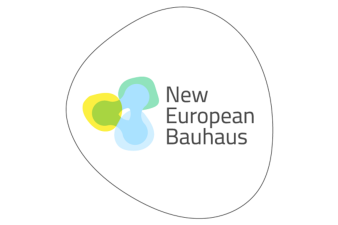
Three organisations interconnected: Junta de Extremadura through the Secretary-General of R&I and University which aims to promote and coordinate the scientific, technological and business sectors of the region; Fundecyt-Pctex is the Regional Public Innovation Agency which has the public mandate to represent the regional government in ERRIN, facilitating the participation of regional stakeholders and promoting their interests within the network; Delegation of Extremadura in Brussels which has a transversal position facilitating the connection across the department of the government. The two R&I major priorities are the sustainable management of natural resources and the application of technologies for quality of life. Based on these two priorities we rely on five areas of excellence: Agriculture, Tourism, TIC, Clean Energy and Health, which translates into the following fields of research: eco-design and new materials, software engineering and computing, chemistry, biochemistry and biotechnology; agronomy, biology and ecology, electronics and automation. Therefore, Junta de Extremadura represents regional stakeholders working on these areas among which we find the University of Extremadura, the Regional Research and Technology Centre of Extremadura (CICYTEX), technology-oriented companies and agro cooperatives.
Contact detail
-
Contact person
-
Brussels Office Address
Avenue de Cortenbergh 89
1000 Brussels
Belgium

S3 Strategy
A model of participatory governance has ensured the involvement of citizens and stakeholders using a ‘bottom-up’ approach in which the identification of the initial situation. The strategy is defined based on five pillars identifying the main sectors to promote in Extremadura at medium and long-term: agro-industry, energy, tourism, health and ICT, to contribute to the competitiveness improving and to the creation of new opportunities for entrepreneurship and businesses.
The main detected challenges are:
• To consolidate a society based on knowledge and talent;
• To develop an internationalised and competitive industry, capable of generating wealth in a sustainable manner;
• To build a society for the change, continuous improvement, creativity, knowledge, entrepreneurship and internationalisation;
• To develop a set of infrastructures adapted to the needs of the region, allowing the inner development, and strategically connected with other regions and internationally.
Latest Updates
- By Ewa Chomicz
Management Board elections 2022 – results
Between 3 and 17 October, ERRIN members could put forward their candidatures for this year’s ERRIN Management Board elections. Five new Management Board members were selected and approved at the Autumn Annual General Meeting on 8 December.
- By irene palomino antolin
Iberian Research Centre on Energy Storage job offers in Extramudra
21 job offers for research staff at the Iberian Energy Storage Research Centre in EXTREMADURA
- By Francesca Pozzebon
RIPEET launches a Call for Innovative Energy Solutions in its Pilot Regions
In the frame of the H2020 funded project RIPEET ‘Responsible research and Innovation Policy Experimentations in Energy Transition’, the Pilot Regions: Outer Hebrides (UK), Ostrobothnia (FI) and Extremadura (ES) are launching a call for innovative energy solutions to best tackle the regions' specific challenges and contribute to sustainable energy transition.
- By Agnieszka Wieczorek Jetha
ERRIN’s new project: RIPEET
ERRIN has become a partner in a Horizon 2020 funded project RIPEET. Mobilising ERRIN’s Energy & Climate Change Working Group leaders, the RIPEET project will support Responsible Research and Innovation (RRI) policy experimentations for energy transition in three European territories: Extremadura (ES), Highlands and Islands of Scotland (UK) and Ostrobothnia (FI).
- By Francesca Pozzebon
NEB Task Force Satellite Event: Regions & Cities paving the future of the NEB
ERRIN New European Bauhaus Task Force is organising a NEB Festival Satellite event on the role of regions and cities in shaping the future of the NEB on 16 April from 10:00-12:00. The event will be an opportunity to present the key findings and recommendations from ERRIN members' direct experience, stressing the crucial role of regions in the coherent planning and successful implementation of the New European Bauhaus.
- By Silvia Ghiretti
Exploring Synergies between European Partnerships and EU Missions – Mutual Learning Event
ERRIN and the TRAMI project are organising a Mutual Learning Event (MLE) aiming to explore synergies between European Partnerships and EU Missions. The event will take place on Wednesday 7 February from 9:00 to 12:00 (CET) at the NCBR Brussels Office, Rue Belliard 40, Brussels.






